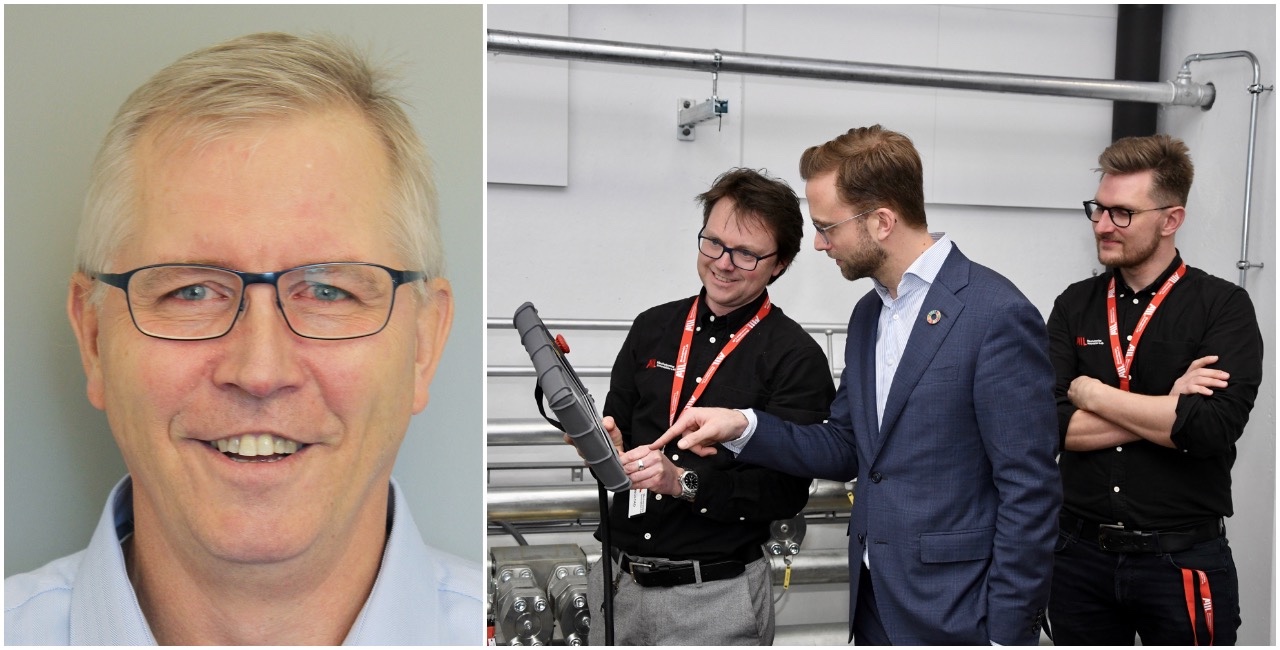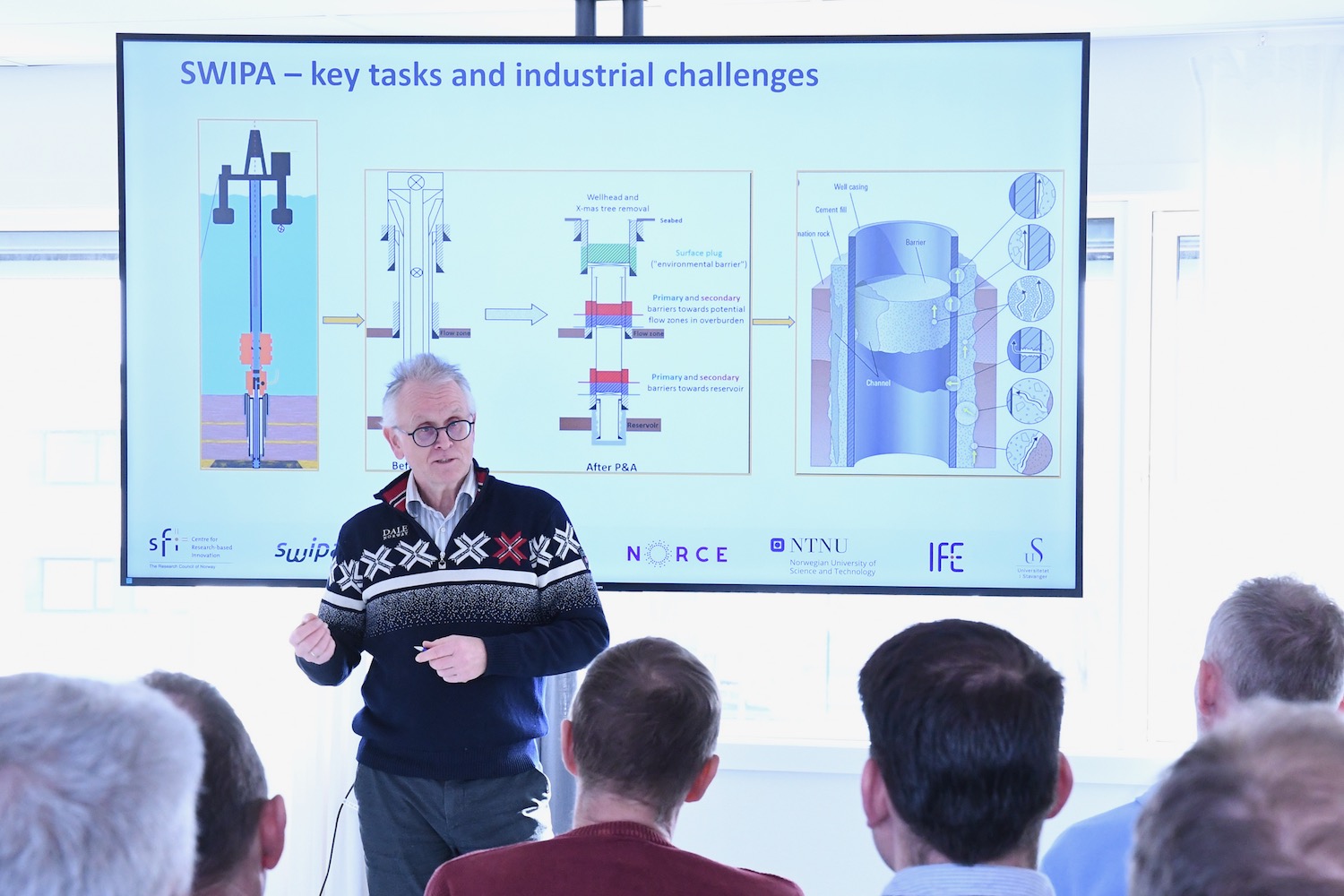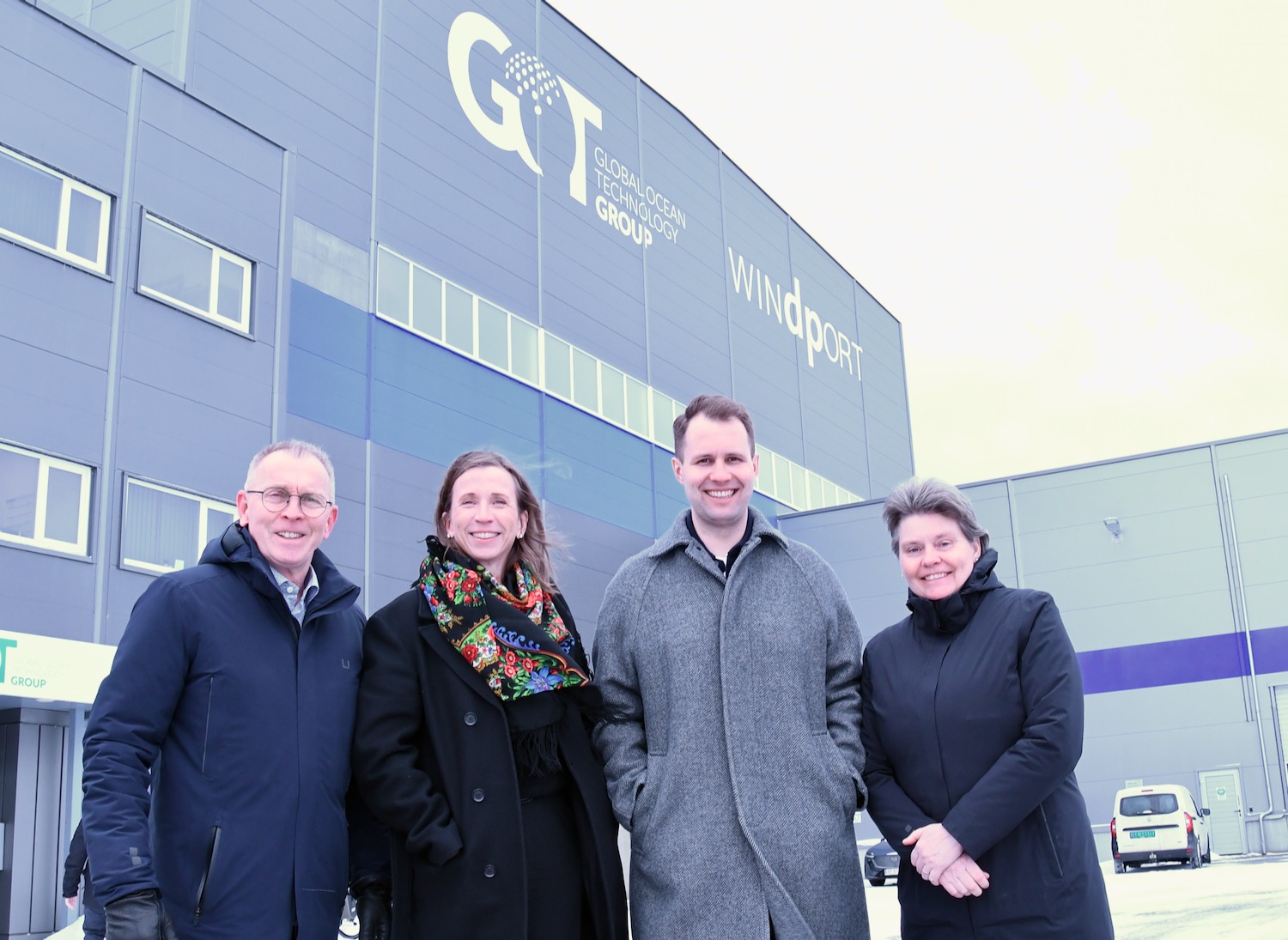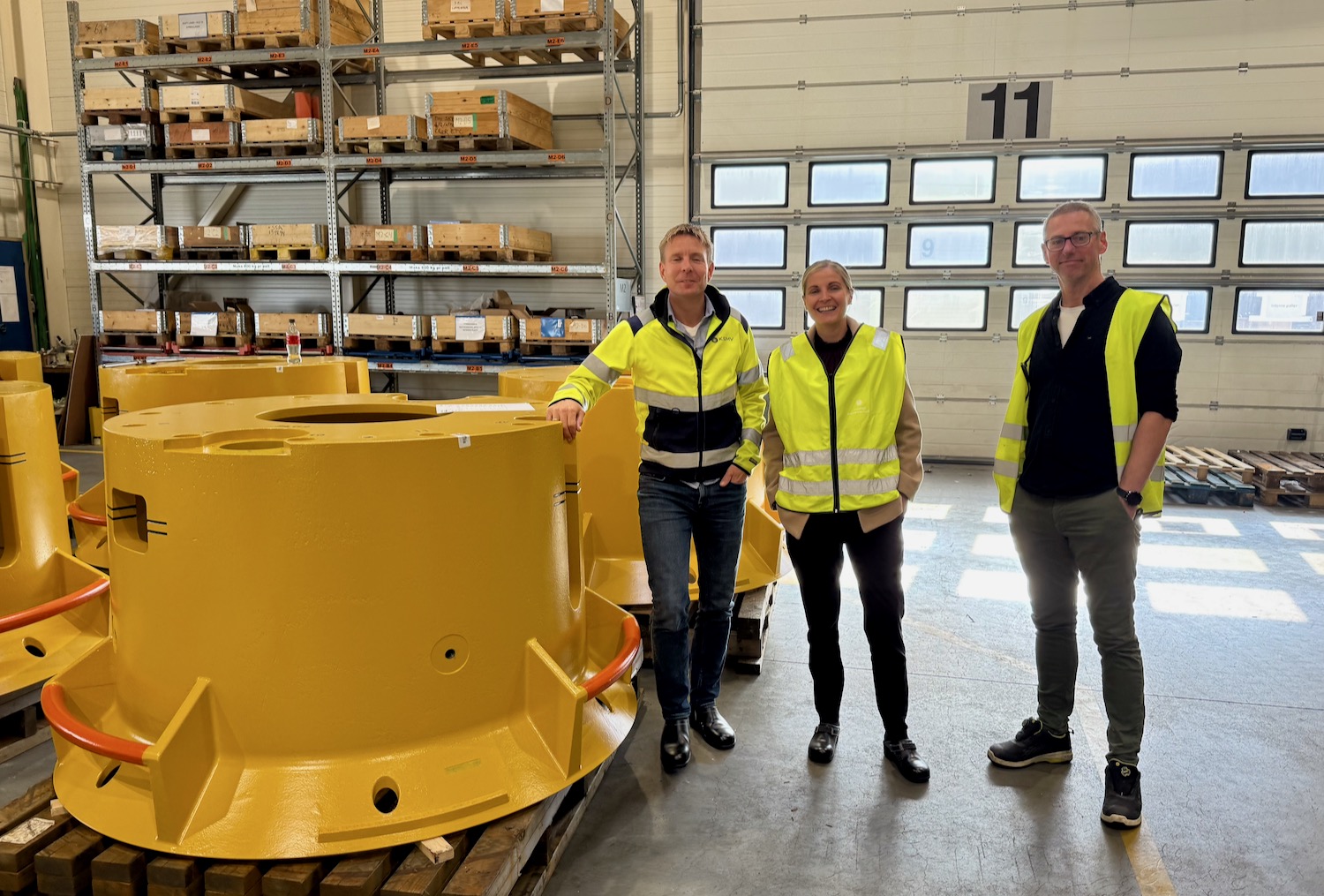As Head of the Department of Engineering at the University of Agder he works closely with several GCE NODE companies that are involved in SFI Offshore Mechatronics. Grasmo deems the cooperation between industry and university a success, but with some challenges.
“In general, cooperation has been excellent. And in several work packages the level of participation has been very good. But there are some exceptions, and in a few areas, we are still searching for better ways to cooperate. This is being addressed,” says Grasmo.
From the university perspective some companies’ experience and approach to research can be a challenge.
“The companies do not necessarily have a culture for research involvement, and we have had to find suitable forms of collaboration. This goes well at the bachelor and master levels, but at the highest level it is more of a challenge,” says Grasmo.
As an example, companies are not used to reading academic publications, and thus find is difficult to read a report or article and transfer this into an innovative product along the lines of the report.
“Based on input from the companies, we are working on a web platform that will make academic results more available than they normally are in the academic world,” says Grasmo.
MORE RESEARCH-ORIENTED
Chairman of the Board of the SFI, Leif Haukom, regards the companies’ attitude to research as the most important change brought about by the SFI.
“From the companies’ point of view there has traditionally been a gap between academic research and industrial needs. As a result of the companies’ involvement, research in the SFI has been more focused. This is a game changer,” says Haukom.
According to Haukom, technology companies are now more occupied with research than before, something he considers an important skill to support traditional innovation and product development.
“Research provides deeper insight and utilizes a methodology which is completely different compared with how we develop technologies based on something we already know. Research is groundbreaking,” says Haukom.
“Industry and university have come close in the SFI. Both parties will for years to come continue to gain from the technological knowledge and personal relationships established through the SFI,” says Haukom.

PRACTICAL AND ACADEMIC
Technical Manager Peder Sletfjerding at National Oilwell Varco praises the collaboration in SFI Offshore Mechatronics, but points at some challenges.
“There is a difference between a practical and more academic approach to problems. Some of our employees work on more practical “do-it-yourself” issues, whereas researchers to not always know how things work in real-life. This can be a challenge. I am glad to see the academic side is more eager to learn about how we work on a daily basis. This promotes a good partnership,” says Sletfjerding.
Significantly increased interaction both locally, nationally and internationally, is an effect of SFI Offshore Mechatronics.
“Prior to the SFI, university staff held part-time positions in various companies. With the SFI we are now in contact with many more companies than before,” says Geir Hovland, Head of SFI Offshore Mechatronics.
He sees the large increase in proposals for new master’s and bachelor’s theses, proposed by SFI participants, as an expression of how useful the companies regard the SFI.
“We have never had as many proposals as in 2019, close to 100, to the mechatronics group at the university. During the last 4 years, about half of them have been sent from the SFI partners, and with only 30 to 40 master’s students there is a lot of competition, which is kind of fun,” says Hovland.
INTERNATIONAL COOPERATION
The SFI has also brought the University of Agder closer to SFI partners; The Norwegian University of Science and Technology (NTNU), research institute NORCE and the universities in Aalborg (Denmark) and Aachen (Germany).
“The University of Agder has become more known, especially at NTNU in Trondheim. There are not too many industrial companies in Trondheim, and NTNU views the NODE cluster as interesting. The SFI can help make NODE companies more attractive to the NTNU environment,” says Hovland.
Leif Haukom agrees.
“Working with NTNU, Aalborg and Aachen creates opportunities to develop a network and broader collaboration than if the program was run locally. We have much broader access to expertise and technology through that collaboration,” says Haukom.
Grasmo believes the output from SFI Offshore Mechatronics will increase in coming years.
“Some of the projects have been in an initial phase and will produce more results going forward,” says Grasmo.
Here’s how he summarizes the social significance of SFI Offshore Mechatronics:
“This is first and foremost about building competence. The SFI is an incredibly important instrument for strengthening and maintaining the competitiveness of the technology companies in the southern part of Norway. Research and innovation are increasingly important drivers to stay ahead. The highest societal effect is building jobs and resilience,” says Grasmo.
READ MORE:
https://gcenodeno.tempurl.host/news/sfi-offshore-mechatronics-a-driver-for-innovation-in-agder/
https://gcenodeno.tempurl.host/news/sfi-product-on-autonomous-vessel/



